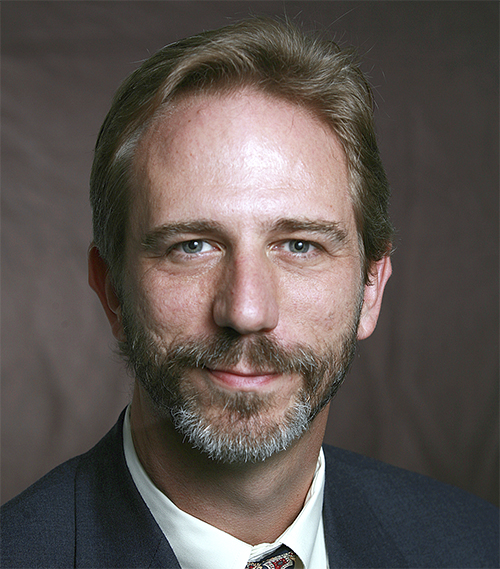 By David Gushee
By David Gushee
Follow David: @dpgushee
Everywhere I go, I run into “the LGBT issue,” whether I feel like running into it or not. You may feel the same way. And everywhere, it creates conflict.
It surfaces and creates conflict in nearly every single day’s religion and/or politics news. Today’s news.
It surfaces and creates conflict in many, many denominations and fellowships. My fellowship.
It surfaces and creates conflict in many, many congregations. My congregation.
It surfaces and creates conflict in many, many classrooms. My classroom.
It surfaces and creates conflict in many, many families. My family.
Everywhere I go, I run into three different kinds of responses to the LGBT issue.
1) Some want to hold onto what they understand to be traditional Christian and/or cultural attitudes and practices toward some things, or everything, associated with the LGBT issue, including biblical interpretations, church practices, cultural attitudes, and state/national laws. (As a group, let’s call these the traditionalists, even though dramatic social, scientific, and religious changes in recent decades mean that our current sexuality-talk actually doesn’t have that long a tradition.)
2) Some want to see change happen in biblical interpretations, church practices, cultural attitudes, and state/national laws, in search of at least a more humane context (or much more) for gay and lesbian people to live their lives. (As a group, let’s call these advocates for change the revisionists, though with the same caveat as just above.)
3) Most want to avoid talking about this issue as long as possible, if at all possible, until it becomes impossible. Avoiders want to avoid the subject for a wide variety of reasons, including genuine convictional uncertainty, fear of hurting people, and fear of conflict and schism.
A spectrum can also be identified in terms of the intensity with which people approach this issue, ranging from very low to extremely high, though in general if someone is writing or doing activism about this issue they are not on the low end of the intensity scale. Avoiders are often quite intense in their desire to avoid the issue altogether, often linked to their responsibility for holding institutions together or keeping their jobs.
In a series of columns in upcoming months, I will reflect on the multifaceted LGBT issue. Speaking, as always, only for myself, I hope to provide some helpful commentary for others who might like to get past avoidism and move toward some convictional clarity, and hope to do so using a methodology that is recognizable and usable by other Christians. Perhaps I can identify some forks in the road, and other helpful road markers that can help readers think through their own views.
For those not paying close attention to developments in the Christian conversation about this issue, the past decade has seen a dramatic shift in the intellectual and ecclesial terrain. A substantial scholarly and popular literature is developing–not just the older ecumenical/liberal conversation (three decades old at least) but also in the evangelical/conservative precincts of American Christianity.
Notably, evangelical Christianity is producing a first-generation of revisionist or quasi-revisionist literature, some of it written by self-identified LGBT evangelicals themselves and falling along a brand new kind of moral spectrum. This new literature is producing resistance among those who seek to refute the particular claims of evangelical revisionists and try to define them ipso facto as no longer evangelical, or Christian.
I am reading some of this literature now and want to tell you about it in upcoming columns. If you have not heard of Jenell Paris, Andrew Marin, Matthew Vines, Wesley Hill, Justin Lee, Julie Rodgers, Jeff Chu, James Brownson, Ken Wilson, Mark Achtemeier, and Wendy VanderWal Gritter, it is time to change that. Some are also founding organizations that are already proving influential.
The fact that gay people — indeed, gay evangelical Christians — are no longer just being talked about, but finding their own voices, and making scriptural and theological and ethical arguments for themselves, inevitably changes the nature of the conversation — if we are willing to have a conversation. It is harder to simply dehumanize and dismiss a flesh-and-blood human being with a name and a family and a history of serving Christ in the local church.
Every generation has its hottest of all hot-button issues, the issue that becomes the litmus test of everyone’s orthodoxy and provokes conflicts sometimes leading to schism. In earlier generations it was slavery, or segregation, apartheid or Nazism, or abortion — or temperance, or Sabbath, or tongue-speaking. I am old enough to have lived through the 1980s/90s fight over women’s roles in the church among Baptists and evangelicals, which led more than one congregation/denomination into schism. This LGBT issue, 25 years later, is doing the same thing. Odd, really — the big divisive issue in our messed up world today is how perhaps 1/20th of all people handle their sexuality. That fact itself is remarkable. What does it say about our priorities that we will fight to the death over this issue rather than, say, divide over our stand on clergy sex abuse or mass murder or caring for the poor?
Still, this is the issue of the moment, and many are pressing for “our kind” of Christians to end their silence about it, and to do so with theological-ethical precision and depth. There comes a moment when avoidism cannot be sustained due to Christian missional, vocational, and leadership responsibility, as well as our Christian obligations toward vulnerable human beings.
So, for as long as it takes, in weeks to come I will explore the LGBT issue in these pages. I hope my explorations can be helpful to individuals and churches seeking a way forward.
Related Opinion:
What exactly is the issue? The LGBT issue, part 2 | David Gushee
